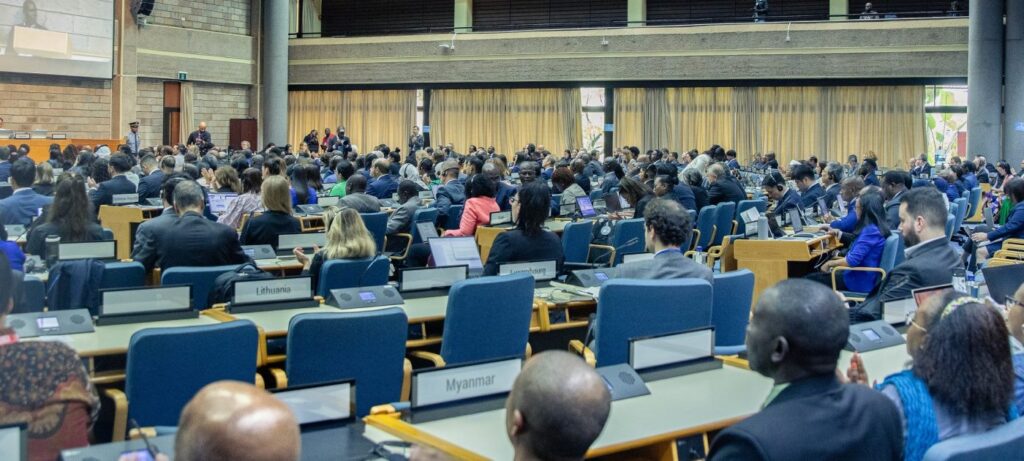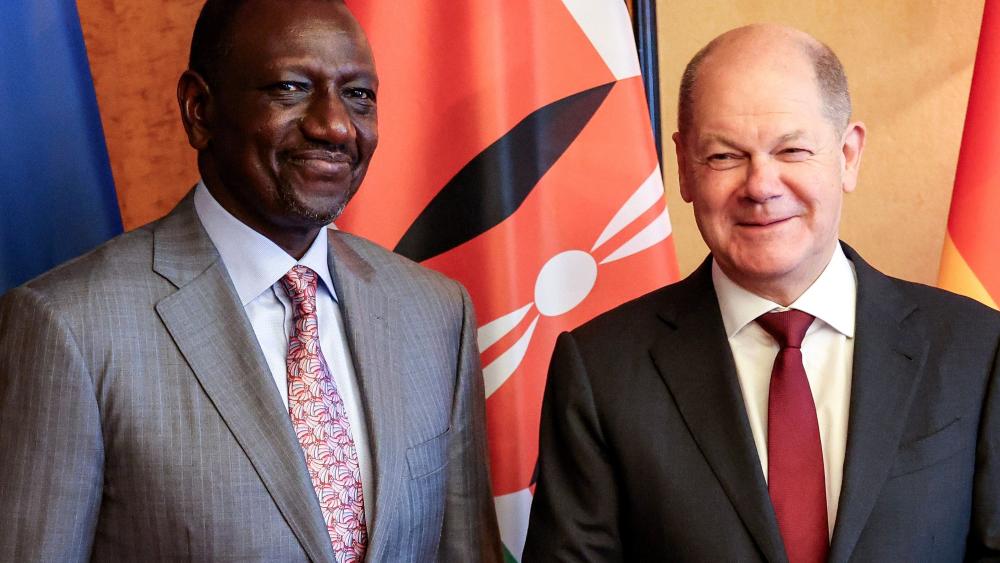A week-long summit held at the United Nations Environment headquarters in Nairobi, Kenya, focused on addressing the urgent issue of global plastic pollution, concluded on Sunday. With over 2,000 delegates in attendance, the discussions aimed to draft a binding treaty to combat the escalating problem of plastic pollution.
Last year, 175 countries committed to reaching a binding agreement by 2024 to address plastic pollution. The Nairobi meetings marked the third of five sessions planned to be completed by next year, with the goal of adopting the treaty in 2025.
However, as the summit came to a close, delegates remained divided on the substance of the treaty. Plastic pollution has become pervasive, affecting ecosystems from oceans to mountaintops, with production projected to triple by 2060. Non-governmental organizations (NGOs) emphasized the need to focus on reducing plastic production rather than relying solely on recycling. They called for a 75% reduction in production by 2040. On the other hand, oil-producing countries and plastic industry lobbies, also represented at the summit, advocated for recycling and improved waste management.
UNEP executive director Inger Andersen stressed the importance of addressing the entire life cycle of plastics, from production to final disposal. She stated, “We cannot recycle our way out of this mess.” Nonetheless, a “low ambition coalition” composed of oil-producing nations such as Iran, Saudi Arabia, and Bahrain faced accusations from environmental groups of impeding progress in the negotiations.
Kenya, one of the 60 “high ambition” nations, called for binding rules to reduce plastic use and production. President William Ruto urged negotiators to make significant progress in the discussions, emphasizing the limited time remaining until the 2024 deadline and the importance of the upcoming meetings.
Following the conclusion of the Nairobi negotiations, the discussions will continue in April 2024 in Canada and conclude in South Korea later that year. The timing of these negotiations aligns with the upcoming COP 28 climate conference in the United Arab Emirates, which aims to address greenhouse gas emissions and support developing countries in dealing with the consequences of climate change.
The global summit in Nairobi highlighted the pressing need for a comprehensive and effective treaty to combat plastic pollution. While divisions remained on the approach to tackling the issue, the discussions served as a crucial platform for raising awareness and fostering international cooperation in finding solutions.









No comment yet, add your voice below!